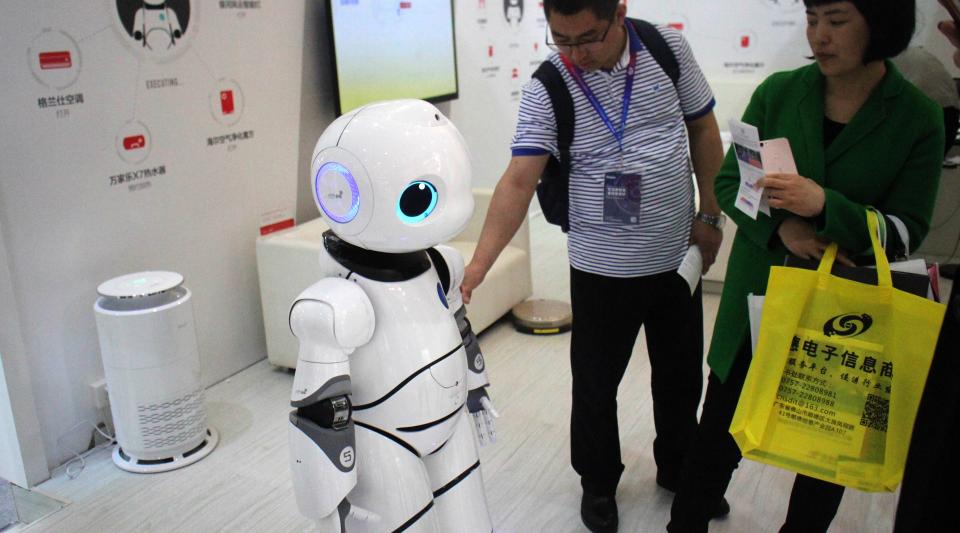As artificial intelligence (AI) is likely to be the engine of the next round of industrial revolution, China needs a national strategy for developing AI, according to Tang Min, a member of the State Council, China’s cabinet, writing for sike.news.cn.
In turning its current extensive growth mode that stresses scale and speed to an intensive, quality- and efficiency-oriented one, the country needs to cultivate new growth drivers through reform and innovation, including AI, argued Tang.
Besides, the country has already made huge progress in developing AI. “China can basically keep up with world’s advanced countries in the field of AI and is fully capable of standing at the forefront of the new industrial revolution,” wrote Tang.
However, given the critical importance of AI and the astronomical figures required in developing it, the country should provide funding support and be actively involved through a national strategy, contended Tang.
Specifically, the government should formulate favorable policies and allocate funds to build a set of national-level AI R&D bases or platforms dedicated to fundamental and generic research.
The country must give full play to the role of technology giants – such as Baidu, Alibaba and Tencent – that have established themselves in the field and help build pillar enterprises able to lead the world’s AI development.
And China also needs a number of medium- and small-sized enterprises that can accord their innovating efforts with market needs. The state should, through favorable policies and better institutions, encourage them to commercialize their basic and applied AI research, according to Tang.
While many cutting-edge AI application technologies are created by foreign companies, especially medium and small American high-tech ventures, such companies mostly cannot make products at a low cost or effectively market the products as Chinese manufacturing companies can.
China should invest more in such companies, then introduce the manufacturing of such products into China, and turn part of its manufacturing industry into a key link within the manufacturing chain of global AI products, he proposed.

 Old Version
Old Version